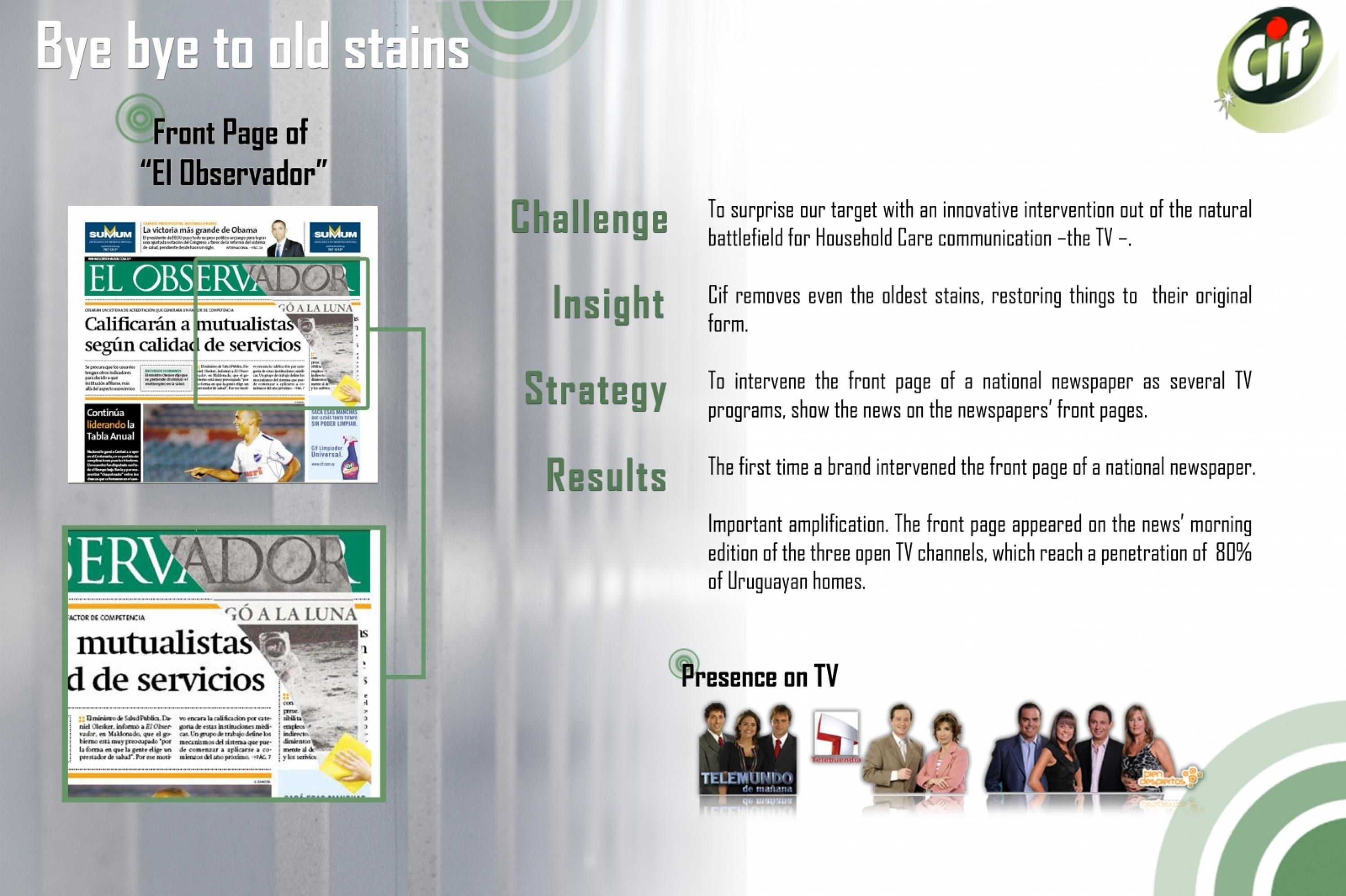Cannes Lions
Skin Food
VMLY&R, Melbourne / COLGATE / 2023



Overview
Entries
Credits
Overview
Background
Aboriginal Australians have the oldest continuous culture on earth, yet on most measures they are the most disadvantaged group in Australia.
Palmolive’s Skin Food bodywash and handwash range uses Native ingredients like Davidson Plum and Quandong Peach. These ingredients are a growing trend in Australia, appearing everywhere from ice-cream to crisps.
Native ingredients are only available today because Aboriginal people have grown and nurtured them for thousands of years, yet Aboriginal communities see no real benefit because they represent less than 2% of the Native ingredient supply chain.
Palmolive had a social and commercial ambition: improve on that 2% while building the Skin Food brand.
Our objectives:
1) Partner with Aboriginal growers to increase their 2% share of the native ingredient supply chain
2) Empower Aboriginal growers to determine and develop the future of the supply chain
3) Communicate these changes to build Palmolive Skin Food’s brand equity
Idea
The creative idea: We not Me
Inspired by First Nations’ philosophy, We not Me is a totally new way for Palmolive to build a brand, putting people and purpose before profit and commercials. Living it means Colgate-Palmolive is reimagining a healthier future by reimagining our own approach. Together we’re implementing it across engagement with partners, employees and industry, by:
1) Championing change. Working with Native Extracts, a company that sources our ingredients, we’re championing authentic inclusion of First Nations growers in the whole chain - leading the way for other manufacturers to make this change.
2) Building partnerships for lasting change including infrastructure grants, sponsorships and social media training to develop growers’ expertise.
3) Sharing the story. We work with Aboriginal creatives to tell the Skin Food story. We’re running this work across a range of community media, owned and partner channels, and packaging.
Strategy
True supporters understand challenges. We first investigated why Aboriginal growers make up less than 2% of the supply chain, using a simple but overlooked tool: our ears. We connected with Aboriginal growers, including Auntie Pat, an Elder & Bunaga woman, and Dom, from Ngawait country.
We heard about big challenges, and big potential impacts:
- Infrastructure is expensive: Palmolive could invest.
- Low business knowledge, eroding traditional knowledge: Palmolive could deliver mentoring and training.
- Few clear commercial arrangements: Palmolive could empower through education and supplier network introductions.
This could deliver Colgate-Palmolive’s purpose, through a healthier supply chain, a healthier brand, and a healthier future with Aboriginal growers.
When we went hard on listening, something interesting happened.
We started to hear between the lines.
We heard that growers’ connection to country matters.
It’s this connection that knows native plants help regenerate the land, this connection that directly nurtures native ingredients.
This connection was matched only by Aboriginal communities’ disconnection from its commercial benefit.
This led to our insight:
The problem wasn’t just 2% representation in the supply chain,
the problem was the odds stacked against indigenous growers.
And no-one overcomes the odds alone.
Similar Campaigns
12 items









